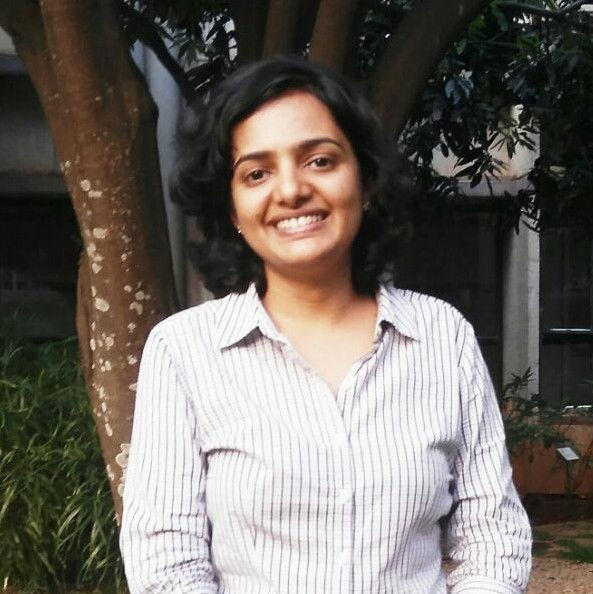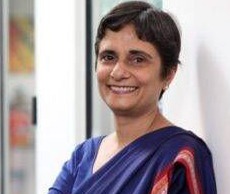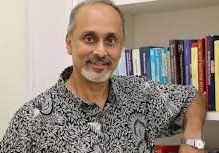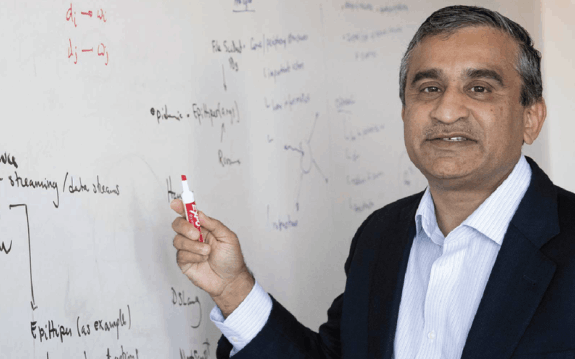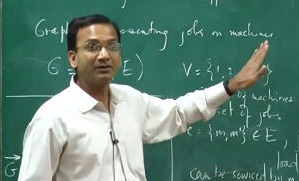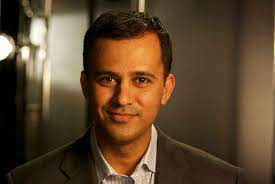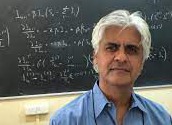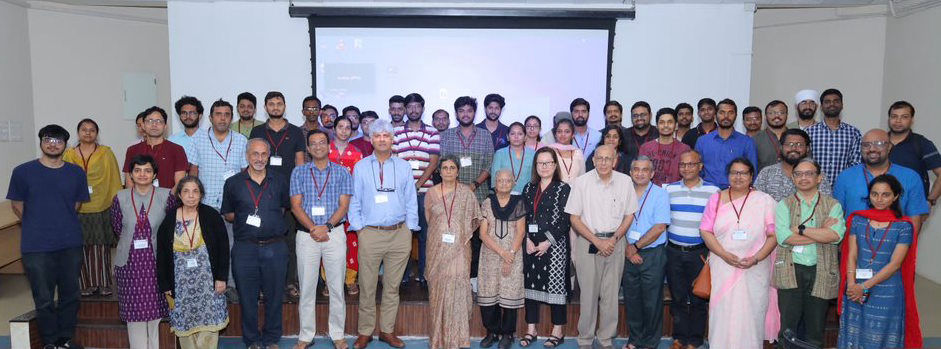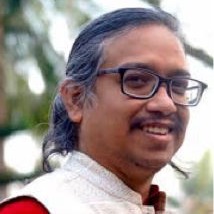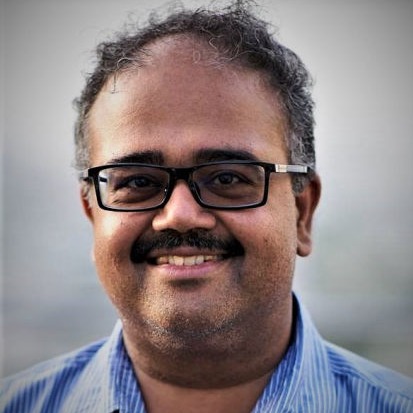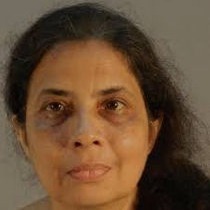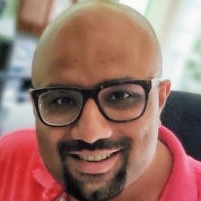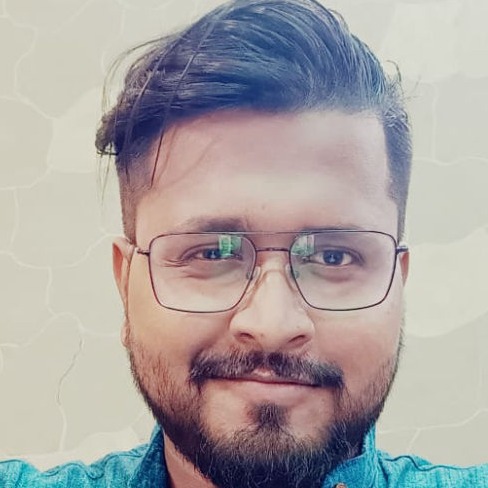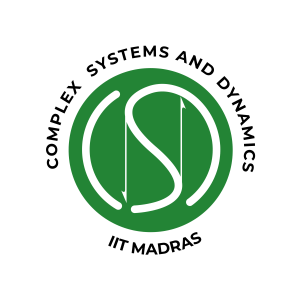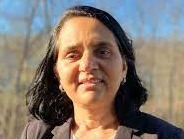
Prof Achla Marathe
Professor of Public Health Sciences
School of Medicine
University of Virginia, USA
Biography
Achla Marathe is a professor at the Biocomplexity Institute and at the Department of Public Health Sciences, School of Medicine, at the University of Virginia. Marathe is also a member of the Network Systems Science and Advanced Computing division at the Biocomplexity Institute. She received her BA (Honors) in Economics from Delhi University, India, and a MS and PhD in Economics from the University at Albany, New York. Marathe works with a transdisciplinary group of researchers who specialize in building individual-based models and advanced simulation methods to study social processes on large synthetic social networks. These include contagion of behaviors and diseases, emergency planning and response to manmade and natural disasters, cascading failures in infrastructures, forecasting of societal events, and activity-based demand models for wireless spectrum and electricity.
